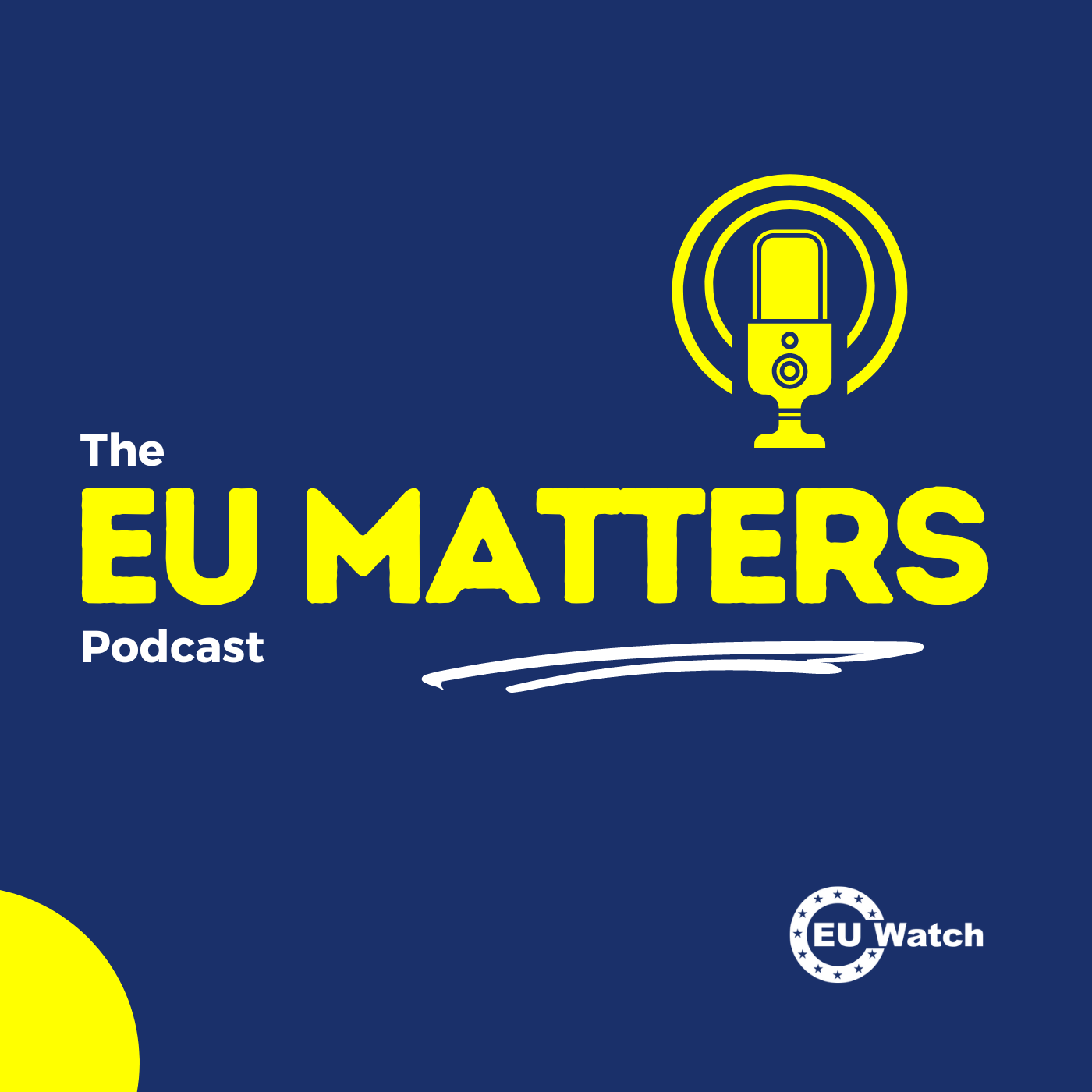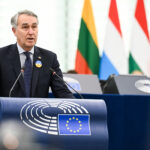Inside EU's Financial Assistance: How the European Union allocates funds to Lebanon, Syria and the Palestinian Territories.
Review
The European Union’s development and humanitarian funds play a crucial role in promoting stability, fostering growth, and addressing urgent humanitarian needs worldwide. These funds enable the EU to respond to crises, support sustainable development, and uphold its core values of human rights, democracy, and peace. In regions like Lebanon,Syria, and the Palestinian territories-where conflicts, displacement, and economic challenges persist-EU assistance provides essential resources to support vulnerable populations, build resilient communities, and strengthen local governance structures.
While EU funds provide essential support to regions in crisis, questions persist about the adequacy of oversight,transparency, and the effectiveness of these resources. Although the EU has established a comprehensive decision-making process with structured funding mechanisms and accountability checks, challenges remain in ensuring that every Euro reaches those in need and achieves intended outcomes.
With EU taxpayers footing the bill for these significant contributions – €79.5 billion under the NDICI-Global Europe program (2021-2027) – citizens have every reason to ask decision-makers whether EU funds have been effectively used. This review aims to provide a glimpse into the European Union’s complex funding mechanisms, offering the public essential insights into how EU funds are allocated, managed, and monitored.
We would also like to highlight some of our key recommendations:
- The European Court of Auditors (ECA) is an invaluable institution of the European Union that audits the EU’s finances and provides vital insights into the effectiveness and accountability of EU funding. The ECA’s reports highlight potential gaps in oversight and offer actionable recommendations to ensure that funds are being spent as intended. The EU’s top priority should be to implement the recommendations of the ECA.
- Non-governmental organizations (NGOs) have, for years, monitored the EU’s financial assistance to third countries and local actors, providing arguments for more robust measures to safeguard the integrity of the EU’s finances. Deeper collaboration between EU actors and non-governmental organizations (NGOs) is needed to enhance transparency and accountability.
- As a final point, the delegations of the European Union and their staff on the ground – particularly in countries with extremely volatile security situations – should focus on identifying local actors (NGOs, private companies etc.) closely affiliated with EU-designated terrorist groups and provide regular feedback to headquarters in Brussels. Implementing these recommendations will not only ensure that EU funds are used effectively but will also reinforce public trust in the EU’s commitment to transparency and accountability.
You can read more about our findings in our review “Inside EU’s Financial Assistance: How the European Union allocates funds to Lebanon, Syria and the Palestinian Territories,” which you can download below.
In this report you will find the following chapters:
Chapter 1. EU funds allocation structure
The Financial Regulation is central to the EU’s funding structure. It outlines how funds are allocated, disbursed, and monitored and establishes the rules for budget preparation, financial control, and audits, ensuring that all EU funding adheres to principles of transparency, accountability, and efficiency. Then, EU funds allocation involves several core structures that oversee different stages of the process, from funding decisions to project implementation and monitoring.
Chapter 2. How does the decision-making process work?
The EU decision-making process for EU funds allocation follows a multi stage approach, designed to ensure transparency, efficiency, and alignment with EU strategic goals.
EU assistance to Lebanon is primarily funded through the Neighbourhood, Development and InternationalCooperation Instrument (NDICI) for the period 2021-2027. For the period 2021-2024, the EU is granting €190 million to Lebanon through the NDICI program. Priority areas for cooperation are: enhancing good governance and supporting reforms; strengthening an inclusive and resilient economy; and promoting a green and sustainable recovery.
The EU’s total assistance to Lebanon since 2011 amounts to more than €3.5 billion.
Chapter 6. EU Financial Assistance to Syria
The European Union (EU) suspended all its bilateral cooperation with the Government of Syria in May 2011, following the escalation of violence into a civil war. However, the EU maintains direct support to the Syrian population, both inside Syria and in the neighbouring countries hosting Syrian refugees, such as Lebanon, Jordan, Iraq and Turkey via several instruments: NDICI – Global Europe, the EU Regional Trust Fund in Response to the Syrian Crisis (EUTF Syria) and the Facility for Refugees in TOrkiye.
Chapter 7. Oversight and accountability
What role in oversight and accountability of the EU funds do the European Anti-Fraud Office (OLAF), European Court of Auditors (ECA) and European Public Prosecutor’s Office (EPPO) have?
Chapter 8. Conclusion
While EU funding has undoubtedly contributed to essential infrastructure projects, civil society support, and vital services, questions still remain about whether the safeguards in place are fully effective in preventing misuse. Safeguards like independent evaluations, audits, and the Early Detection and Exclusion System (EDES) are important, but gaps in local accountability and monitoring still present challenges.
As the EU continues to channel billions into these regions, questions remain: Has this financial assistance led to measurable improvements on the ground?
Become an EU Watch supporter!
EU Watch is a non-partisan non-profit non-governmental organisation
Our newsletter
Do you want to subscribe to the EU Watch newsletter?
We will keep you informed about our latest publications and events. EU Watch will store your email address in our database. It will not be shared with third parties. You can unsubscribe at any time by clicking on the link at the bottom of the newsletter. Find out more in our privacy policy.
Become an EU Watch supporter!

EU Watch is a non-governmental organisation registered in Belgium that seeks to promote transparency, accountability and understanding of the European Union.
Read more about our mission and what we focus on.

EU Watch has launched the “EU Matters” podcast. With this new format, we want to shed some light on subjects that are of importance to citizens and Brussels decision-makers alike.






